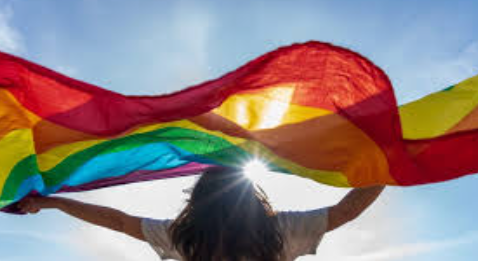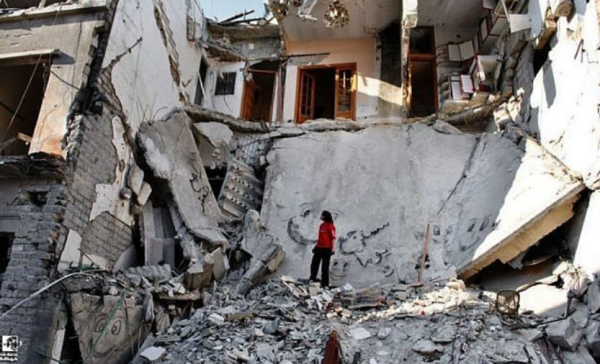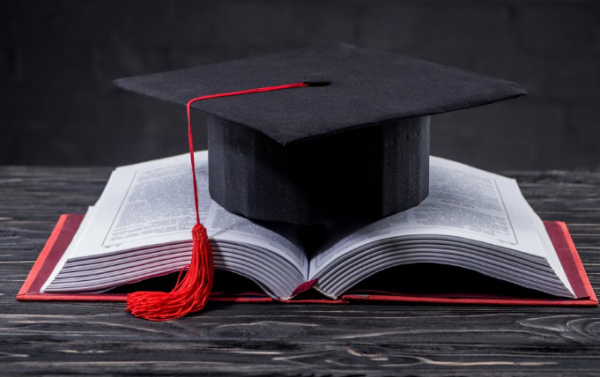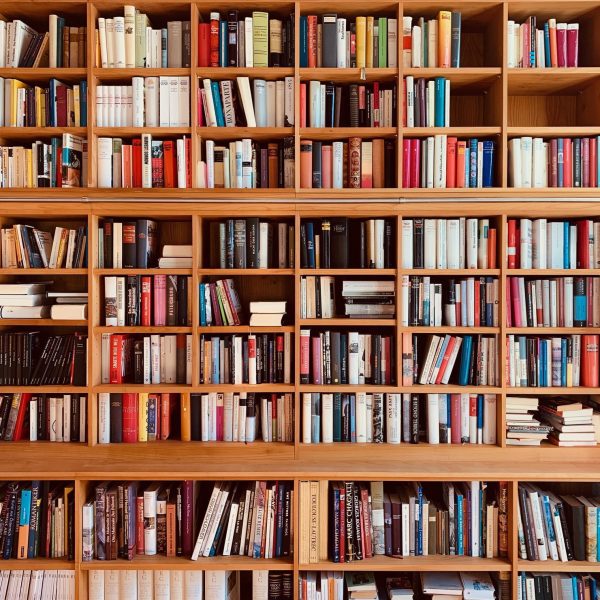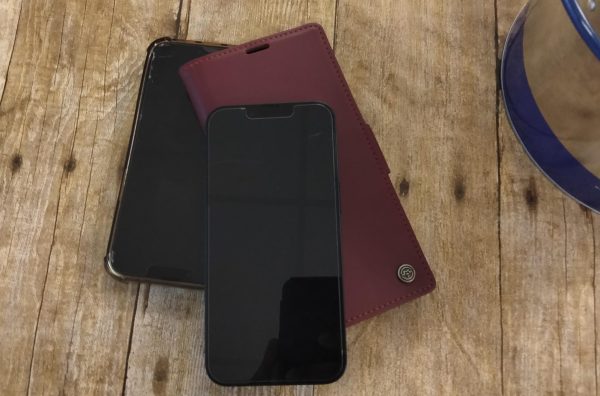Ramadan is here: Everything you need to know!
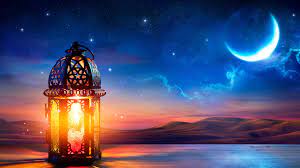
We’re going to break down the history and facts and debunk myths about the Muslim holiday Ramadan.
Mar. 23 marks the beginning of the Islamic sacred holiday, Ramadan!— the celebration is set to end on April 20th. Ramadan happens every year; the date being set upon the sighting of the crescent moon in Saudi Arabia meaning Ramadan happens on a different date every year. It is the most popular Islamic holiday that is talked about among non-Muslims and is distinguished in the Muslim community.
Even so, there are many misconceptions about the holiday as well as uninformed individuals about what Ramadan really is. Therefore, the question remains: why Ramadan is such a sacred/holy celebration and how is it truly celebrated?
Birth of Ramadan
There are 12 lunar months in the Islamic calendar which are aligned with the motion of the moon; Muharram, Safar, Rabi-ul-Awwal, Rabi-ul-Thani, Jumada-l-Ula,
Jumada-th-Thaniyya, Rajab, Shaaban, Ramadhan, Shawwal, Dhul Qadah and Dhul Hijja. Ramadan is the ninth month of the Islamic calendar (Ramadhan).
The revelation of the Qu’ran–Islamic holy book is said to be revealed to Prophet Muhammed (SAW) during Ramadan. That night being commerated as Laylat Al Qadar or “Night of Power.” Which is why Muslims fast–abstaing from food and water, during this holy month every year.
As dictated in the Holy Quran it is explicitly declared that every Muslimah must partake in fasting.
O believers! Fasting is prescribed for you—as it was for those before you—so perhaps you will become mindful ˹of Allah˺”
Surat Al-Baqarah 2:183
The Surah continues to explain the importance of the month and why it is important for every Muslimah to fast it. As well as what every Muslim should take away from the fasting period.
The Surah reads:
“The month of Ramadhan [is that] in which was revealed the Qur’an, a guidance for the people and clear proofs of guidance and criterion. So whoever sights [the new moon of] the month, let him fast it; and whoever is ill or on a journey – then an equal number of other days. Allah intends for you ease and does not intend for you hardship and [wants] for you to complete the period and to glorify Allah for that [to] which He has guided you; and perhaps you will be grateful.” — Surat Al-Baqarah 2:185
In addition, Ramdan is not only observed by fasting from food and water–it is refraining from pleasurable activities. Ramadan is meant to be a way for you to connect with Allah–Arabic term for God.
According to MuslimAid Muslims all around the world spectate the holiday in a multitude of ways.
“Muslims around the world fast from dawn to sunset. They refrain from eating, smoking, drinking and any pleasurable activities. Ramadan is the month that aims to purify the soul and bring the individual closer to Allah (SWT).”
Expectedly however, many non-Muslims have re-constructed notions about Ramadan due to lack of knowledge. Thanks to their notions many mythical presumptions.
Myths About Ramadan
- You Can Drink Water
Contrary to popular belief, fasting during Ramadan also includes abstaining from water as well as food. Many believe that Muslims can still drink water throughout the day and must only abstain from food from sunrise to sunset. That is quite false. No beverages; even water must not be consumed.
- Everyone must fast, no matter what
Fasting is 100% obligatory for every practicing Muslim. However, there are certain conditions that may regulate and restrict a person’s fast. A woman who is pregnant or on her menstrual cycle is relieved of her duties to fast only until they are once back to their normal state. In addition, if you are ill and have taken any form of liquid or solidified medicine you are to not fast for that day or the period of time to which your illness ends
- It’s rude to eat in front of Muslims
Less than a myth, this is more of a misconception. Many non-Muslims fear that it is rude and wrong to eat in front of Muslims while they are fasting during Ramadan. One of the most important things that muslims practice during Ramadan is self-restraint and self-control with all pleasurable and sinful activities. Therefore, eating has no direct rude acclaim on a muslim.
These are the most commonly said myths that non-Muslims have conceived about Ramadan. It is quite understandable why these statements may be believed, but they are simply untrue. Ramadan is a very important time for Muslims around the world and the glorious month will be a very sacred and special time for every Muslimah.
Your donation will support the student journalists of Parkdale High School. Your contribution will allow us to cover our annual website hosting costs and publish some printed editions, as well.
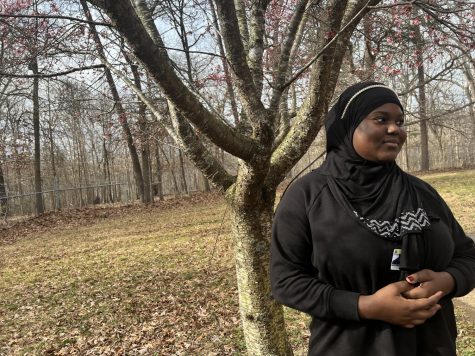
Aissata, more commonly known as That Girl, is a junior and has been working at the Paw Print as Chief Copy Editor for two strong years. She is a future...


